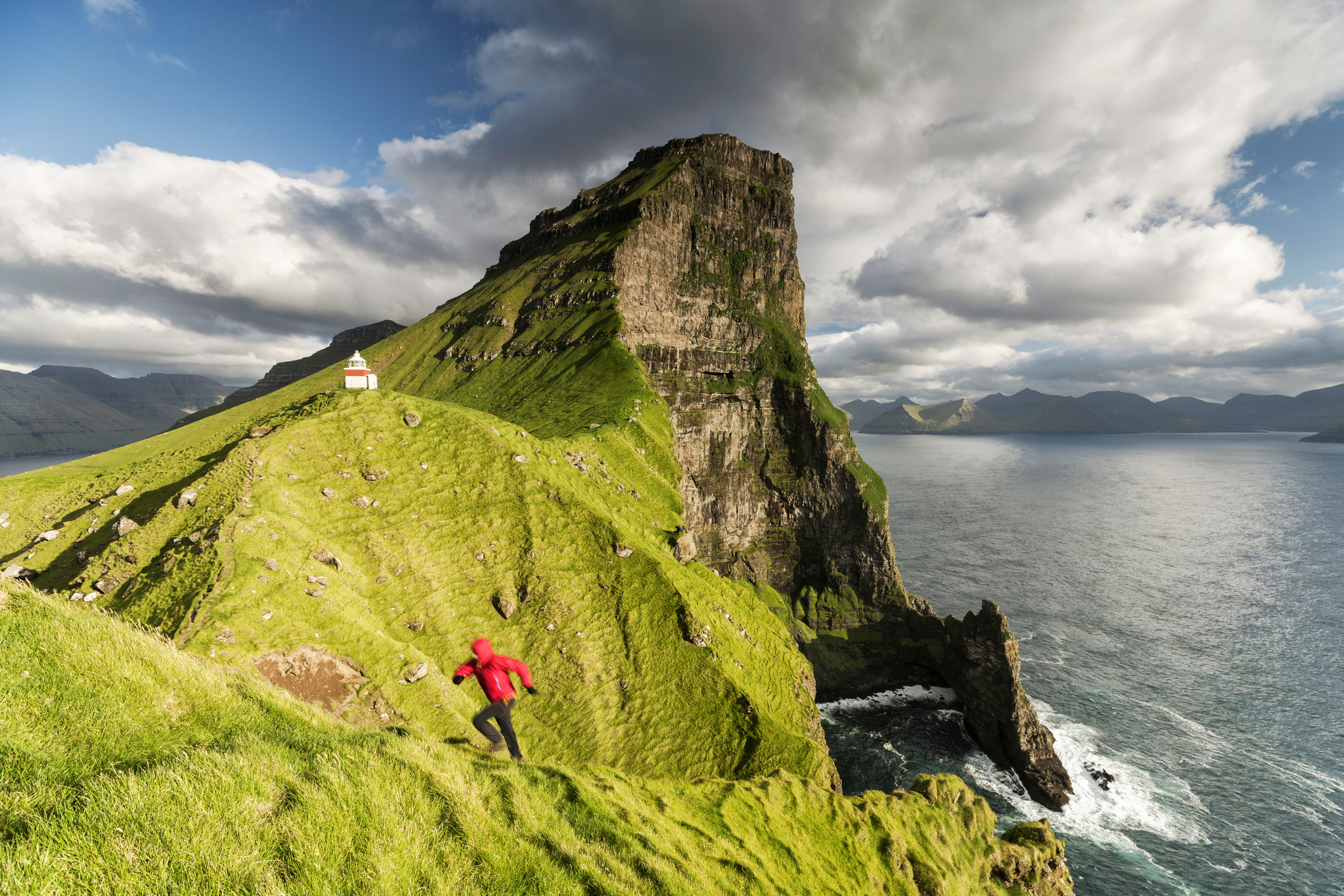- Last month the Faroe Islands closed 10 of its most popular tourist sites for two days – except to people willing to volunteer for maintenance work.
- Thousands of people applied and 100 were selected.
- They came from as far afield as Australia and had to pay for their own flights, but accommodation and meals with locals were provided.
- So-called voluntourism has proven popular on the archipelago, with the project set to repeat in 2020.
- Visit INSIDER’s homepage for more stories.
With their rugged landscape of wild coastline and rolling hills, the Faroe Islands in the North Atlantic have long held an allure for travellers looking to escape their busy lives.
However, it was announced earlier this year that the remote, volcanic islands, which are situated between Norway and Iceland, would be closing to tourists – unless they’re willing to help out with maintenance and repairs during their visit.
The archipelago’s authorities released a video explaining they were closing 10 popular tourist sites for two days in April, except to people who wanted to volunteer to help with maintenance.
The reason for this is that work is needed to “lay the groundwork for a more sustainable future for their unspoiled islands,” according to Visit Faroe Islands.
Read more: Thailand's famous beach from 'The Beach' is closing after damage by too many tourists
So-called "voluntourism" is on the rise - in fact, over 3,500 people applied to work on the Faroe Islands.
The 100 who were selected had to pay for their own flights (some came from as far away as Australia), but their lodging and food whilst on the archipelago for two days was provided.
The volunteers, aged between 18 and 75 and from 25 different countries, were split across the 18 islands to work with locals from April 26 to 28.
Projects included creating walking paths in well-trodden areas, constructing viewpoints to help preserve nature and protect birdlife sanctuaries, re-building ancient cairns, and erecting signs and posts to aid wayfinding.

The voluntourists spent two days lifting heavy boulders, fixing gates, building fences, and bracing the elements.
But they also got to enjoy authentic meals and chat to locals (who are outnumbered by sheep).
The authorities say overtourism isn't currently a problem on the islands, but a 10% increase in visitors in recent years has not gone without impact on the fragile environment.
The Faroe Islands now receive around 110,000 visitors a year, and after the success of the voluntourism project this year, they plan to repeat it in 2020 - find out more here.

